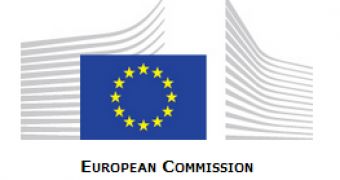On Thursday, the European Parliament adopted new rules to fight cyber-crime. The new directive, which European Union member states will have to implement within two years, is built on a set of rules that have been in force since 2005.
European Parliament members voted 541 to 91 on the European Commission’s proposal.
According to the new directive, cybercriminals that interfere with data and information systems, those who intercept communications, and those who sell hacking tools will face a minimum of two years in prison.
Attacks against critical infrastructure, and ones that cause serious damage will be punished with a minimum 5-year prison sentence. Botnet creators will face a minimum of three years in jail.
The directive also improves cross-border cooperation by requiring member states to respond to urgent requests within 8 hours.
Member states must also collect statistical data on cyberattacks and have channels in place for reporting incidents to designated authorities.
“This is an important step to boost Europe's defences against cyber-attacks. Attacks against information systems pose a growing challenge to businesses, governments and citizens alike. Such attacks can cause serious damage and undermine users' confidence in the safety and reliability of the Internet,” commented Cecilia Malmström, EU Commissioner for Home Affairs.
“I am therefore pleased that formal approval has been reached on new rules concerning the definition of criminal offences and the sanctions in the area of cybercrime,” Malmström added.
“The perpetrators of increasingly sophisticated attacks and the producers of related and malicious software can now be prosecuted, and will face heavier criminal sanctions. Member States will also have to quickly respond to urgent requests for help in the case of cyber-attacks, hence improving European justice and police cooperation.”

 14 DAY TRIAL //
14 DAY TRIAL //